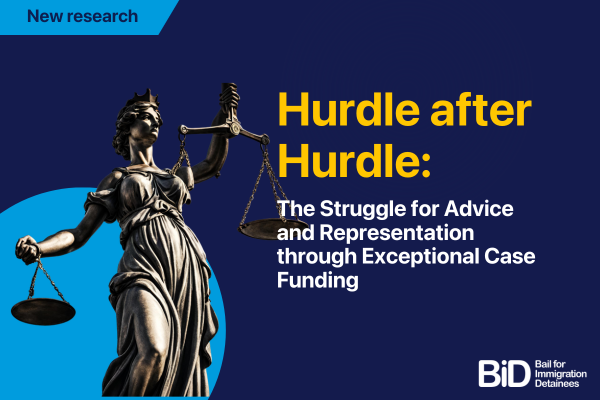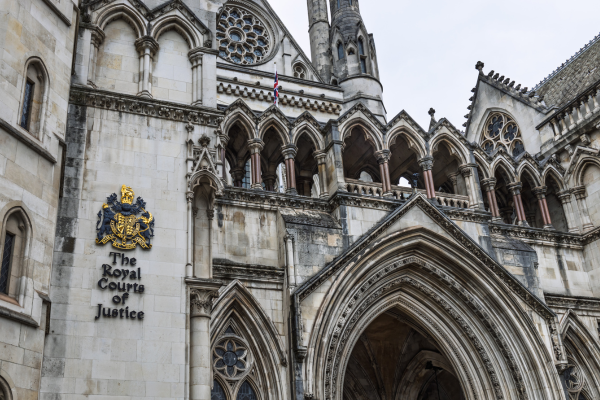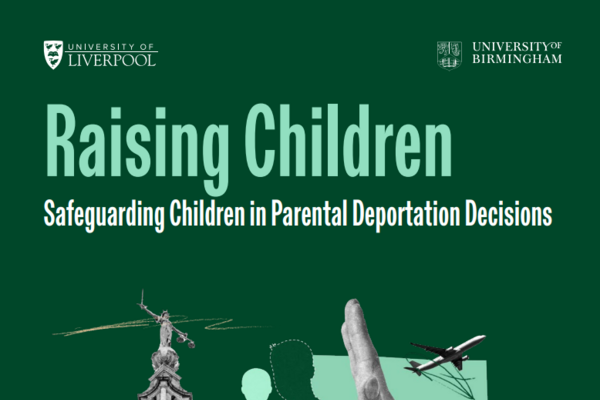New research from Bail for Immigration Detainees reveals legal aid funding presents applicants with hurdle after hurdle in the process of obtaining legal aid and legal representation for immigration cases.
Exceptional Case Funding (ECF) was founded after most immigration cases were taken out of the scope of Legal Aid in 2013 (LASPO Act), and it was designed to be a ‘safety net ’for people to apply for if cases against them by the Home Office would breach their human rights.
BID’s new report reveals the process of pro-bono lawyers applying for ECF on behalf of their clients who were facing deportation from the UK and highlights significant breaches to human rights.
Research into the process by Bail for Immigration Detainees (BID) shows that the process of applying for legal aid and representation is paradoxically very challenging to complete without legal representation from the start. The report also found that even when ECF is granted, applicants then face the additional hurdle of finding a legal aid lawyer with the capacity to take on their case.
BID has made five recommendations for change. Without these changes, people facing deportation, and their families will continue to face very significant obstacles to accessing justice.
We recommend that all immigration cases be brought back into scope of legal aid as a matter of urgency.
We recommend the ECF application process is dramatically simplified in order that direct applicants feel able to complete the application forms and have a realistic prospect of being granted ECF.
We recommend that immigration lawyers are paid for the work involved in preparing an ECF application, even if ultimately funding is not granted.
We recommend that the number of immigration lawyers with a legal aid contract is significantly increased and that they are adequately and fairly remunerated for their work.
We recommend that anyone who is in receipt of Schedule 10 support should be passported through the financial means tests, and automatically allocated legal aid, for greater access to justice.
Micheal, who has successfully obtained ECF funding said:
"I’ve lived in the UK from the age of four, and now I’m in my mid-30s, having to fight to stay in a country I’ve lived in all my life. The UK is all I know. It was such a relief to know that I was entitled to legal aid, but the realisation soon hit home. We tried over 45 immigration solicitors, only to be told not one would be able to take on my case, due to not enough capacity. So it begs the question, is this truly access to justice or just an illusion?"
Annie Campbell, BID director said:
"19th Century jurist Sir James Matthew once quipped “Justice is open to all – like the Ritz Hotel,” This report shows that statement is as true as ever. Legal aid was introduced to ensure that the marginalised and disadvantaged could exercise their right to an effective remedy & equality before the law.
For BID’s clients facing deportation, this includes their fundamental human right to a private & family life. The legal aid cuts of 2012 ended automatic legal aid for these cases and replaced it with an application process, Exceptional Case Funding (ECF), which involves making your case in a paper application for legal aid.
Our report shows that the application process requires an in-depth knowledge of complex legislation that alone acts as a barrier to justice. Coupled with this, years of underinvestment in legal aid have led to the near collapse of the legal aid market which means that even if someone is granted funding they then find it difficult, if not impossible, to instruct a legal aid lawyer.
We are calling on the government to reinstate automatic legal aid for deportation matters at rates that will encourage providers back into the market to ensure that people facing permanent exile & separation from their family, friends & communities have access to justice.'









